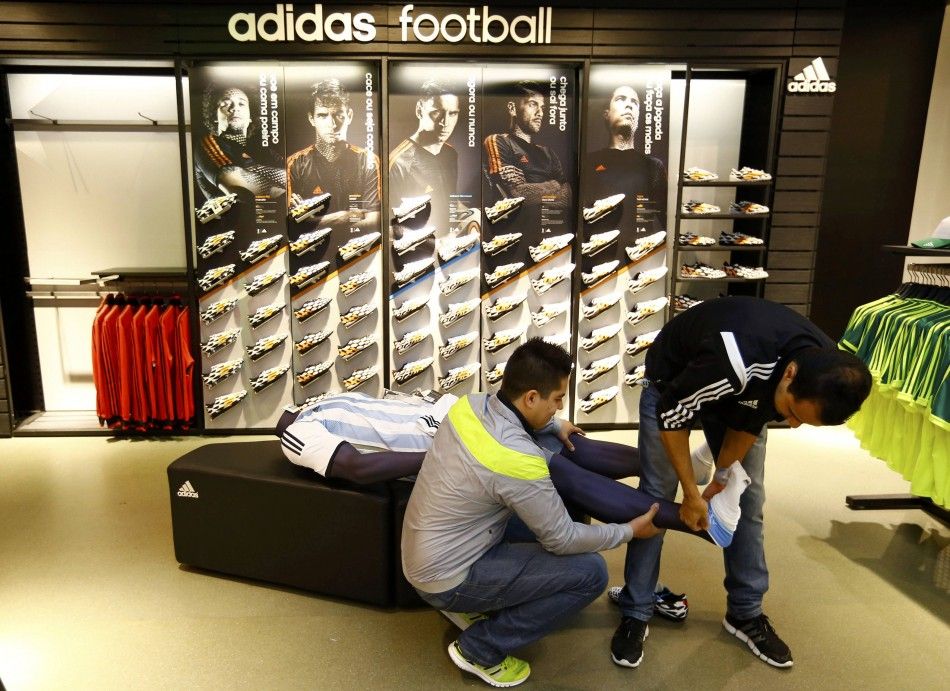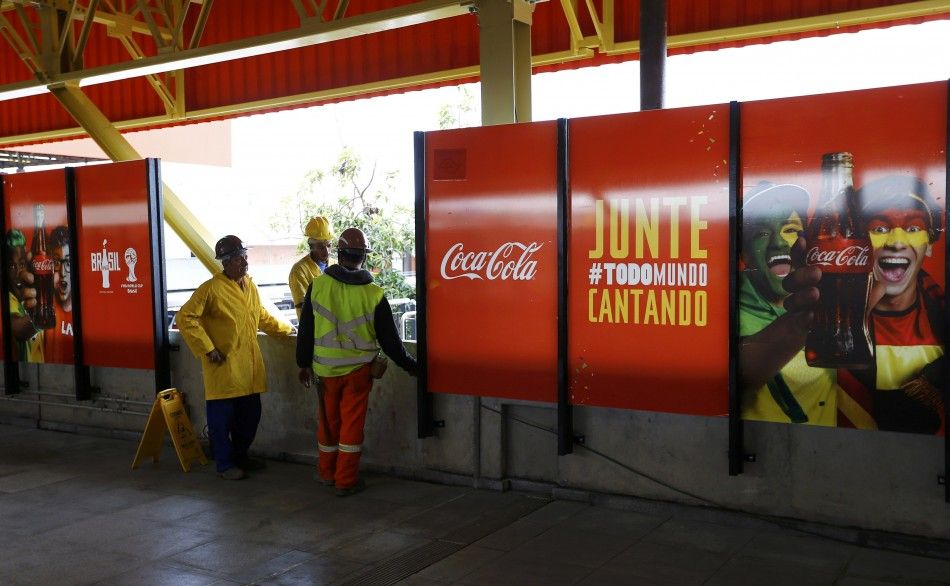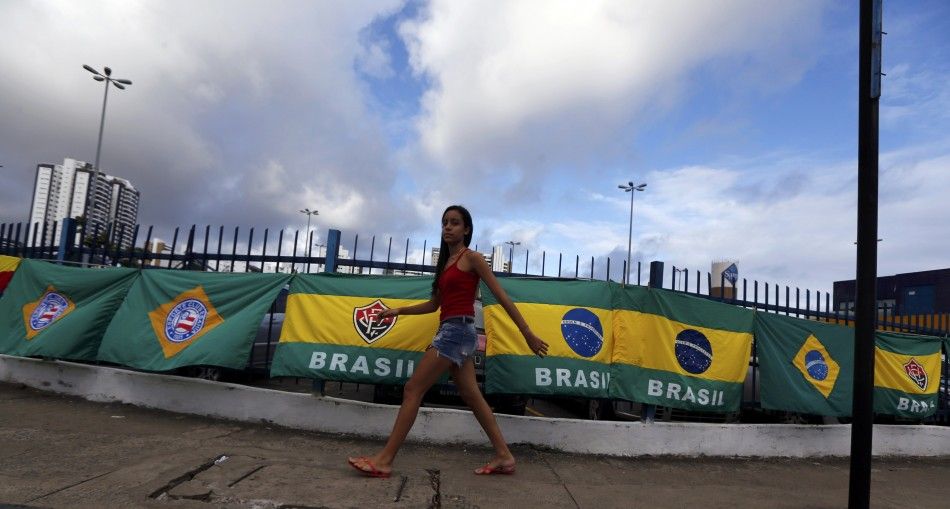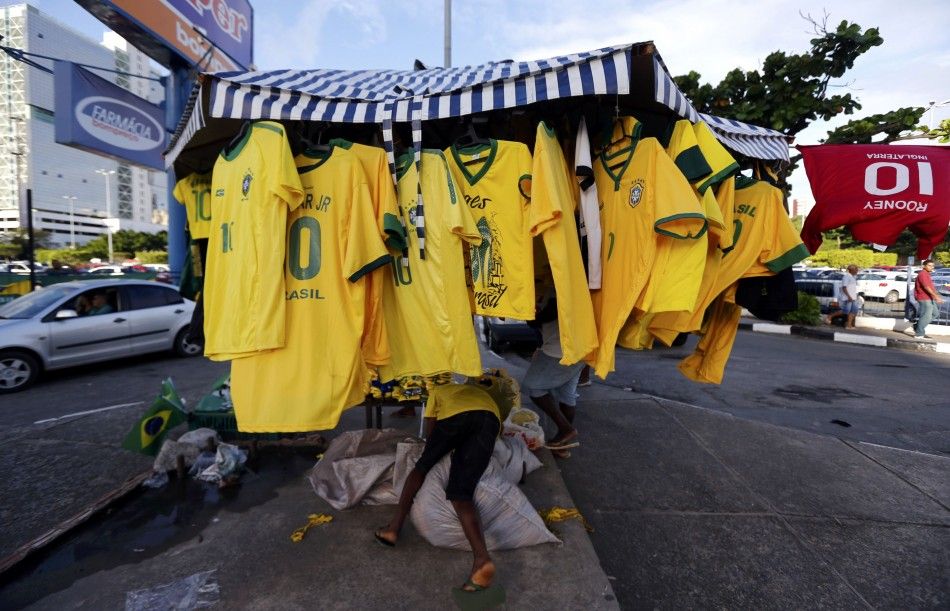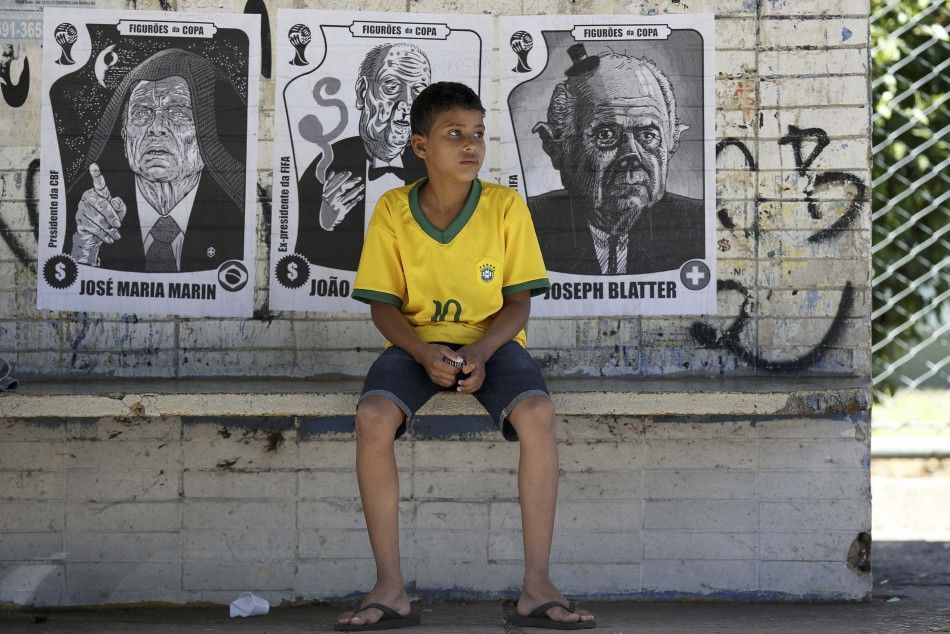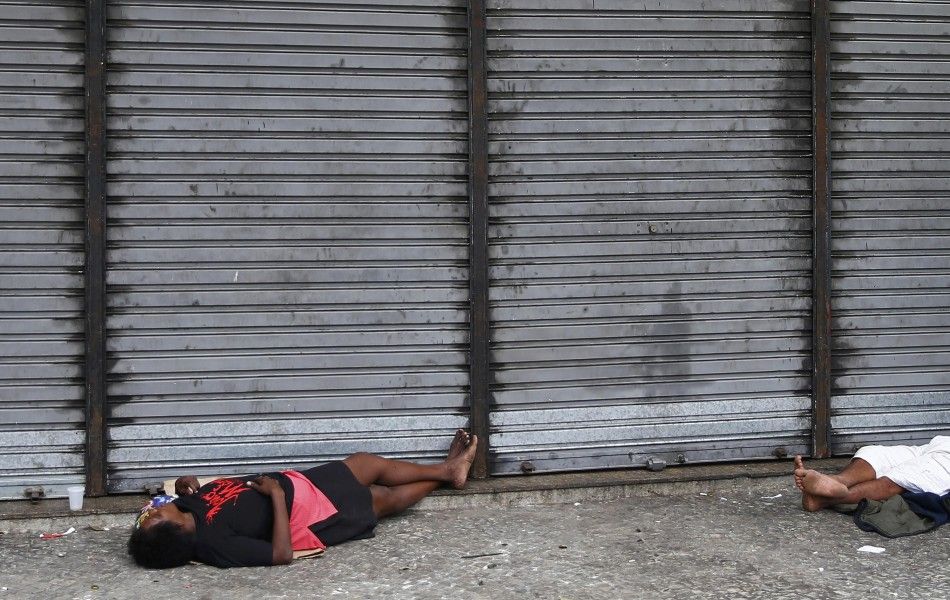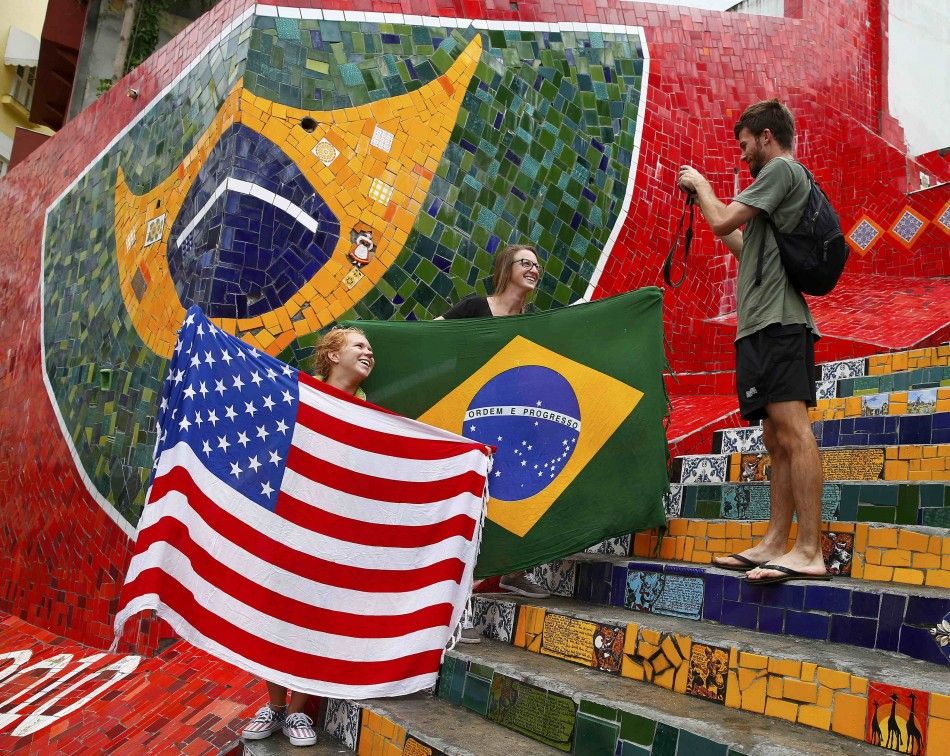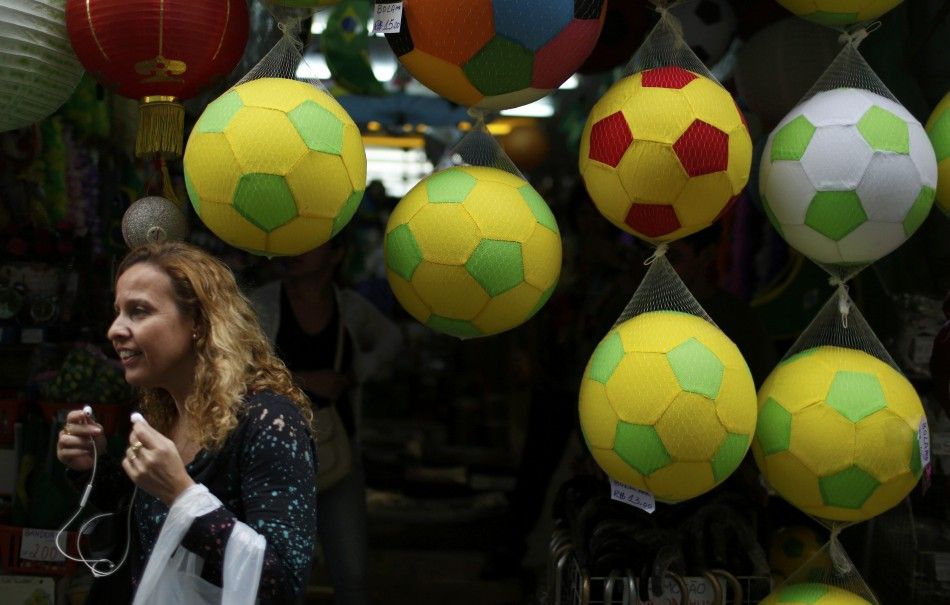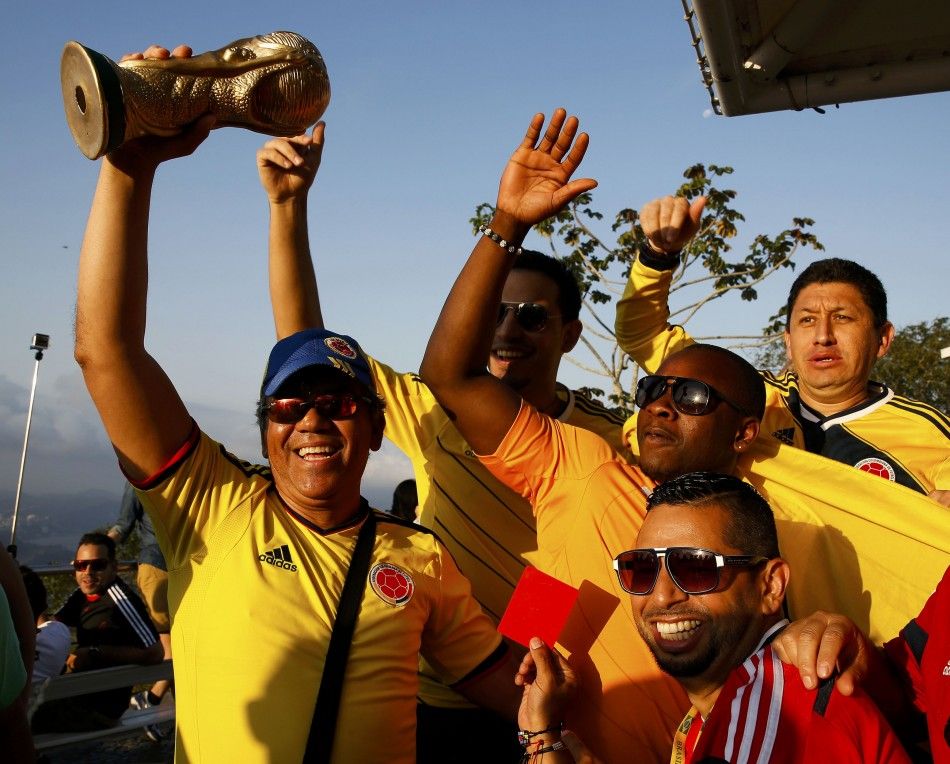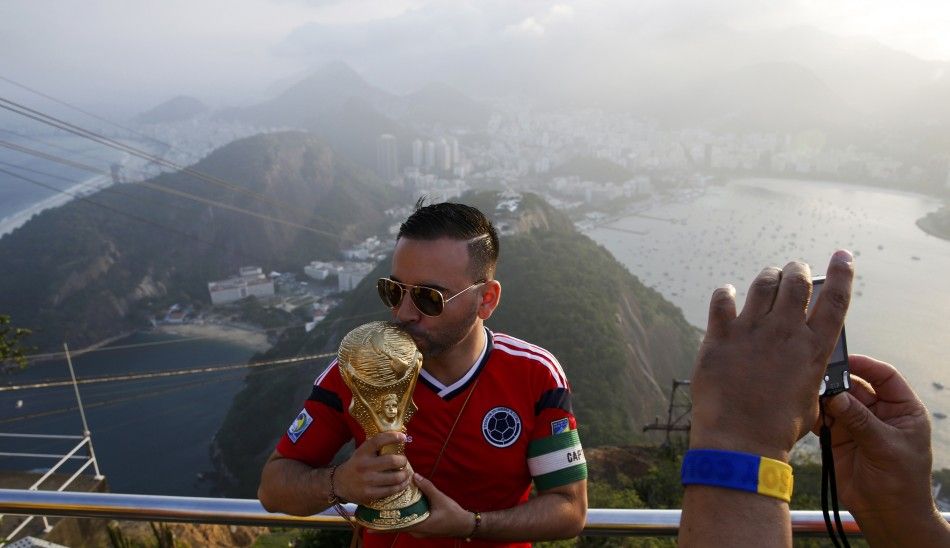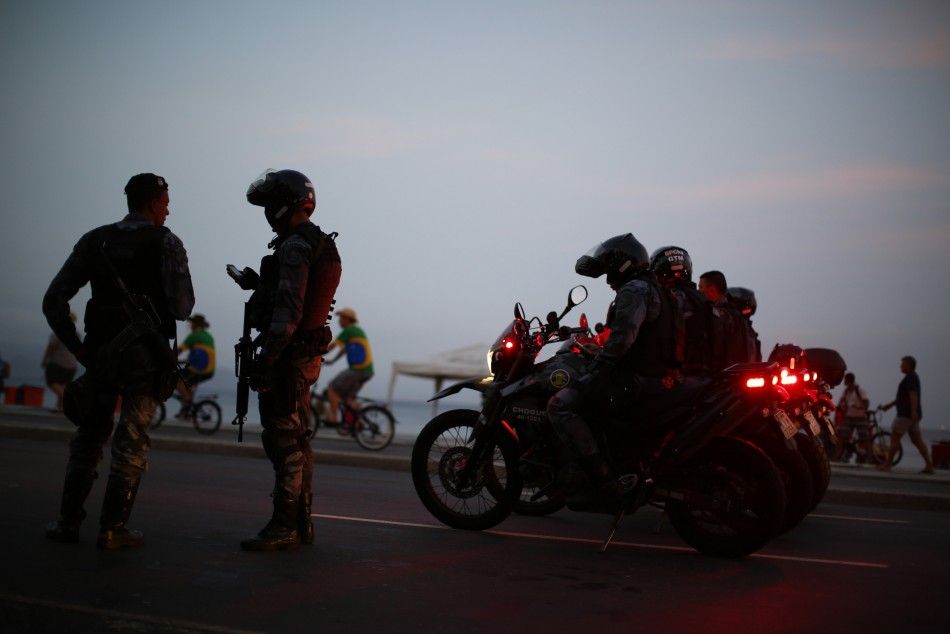FIFA World Cup 2014 Opening: Scenes from Brazil
Brazilians welcome guests from all over the world amid ongoing protests
The FIFA World Cup is finally here! Just days before the first whistle is blown, the excitement is reaching fever pitch all over the globe and even more so in the streets of Brazil. The people are breathing, eating and sleeping football all over the country may it be in a positive or negative way.
Contrasting scenes abound in the streets of Brazil in the days and hours leading up to the opening game. The national teams have arrived and so have many of the fans. Local and foreigners are walking around with hope enthusiasm and a sense of adventure written all over their faces.
The country's top tourist destinations such as the statue of Christ the Redeemer in Rio de Janeiro as well as Copacabana and Ipanema beaches are now teeming with people wearing various team colours and lugging their cameras and taking selfies or group photos all over the place. It is so far a PR dream for Brazil. Tourists looking for their first sip of a Caipirinha will be walking around taking photos and posting on social media and most importantly, bringing in much needed foreign currency which they will all leave in Brazil whether they parted willingly with their money or not.
The streets are covered in football-themed graffiti and souvenir shops have sprouted everywhere selling national team kits, national flags, world cup trophy replicas, trumpets, mugs, hats and any other form of knick knack that can be imagined. Local bars and restaurants offering local cuisine will enjoy the patronage of adventurous tourists while continental restaurants will offer comfort food the weary travellers will be looking for after a few days of upset stomachs and unfamiliar food.
Large sporting events are coveted for the benefits to be enjoyed. The World Cup hosts enjoy worldwide promotions, the commercial activity and the influx of money in general. Multi-national companies have already been funnelling advertising money into lining the streets and every available space in Brazil with their logos and ads. The other side of the spectrum lies on the large amount of investment needed to stage the event.
Brazil has a large population of over 200 million people of various ethnicities and socio-economic status. The business that the World Cup will bring in surely has benefits but many citizens are lying homeless in the streets. Indigenous groups and ordinary workers are taking to the streets to protest the $63 billion budget stating that the money should have been better spent for projects benefitting the local citizens. Brazil's President, Dilma Rousseff is quick to defend the move and said that the lasting effects and the infrastructure development is for Brazil not just for the World Cup alone.
Transport strikes continue to threaten to paralyze major cities where games will be taking place. The World Cup in Brazil hangs at a balance and it only remains to be seen if it will be a massive success or an embarrassing nightmare.
